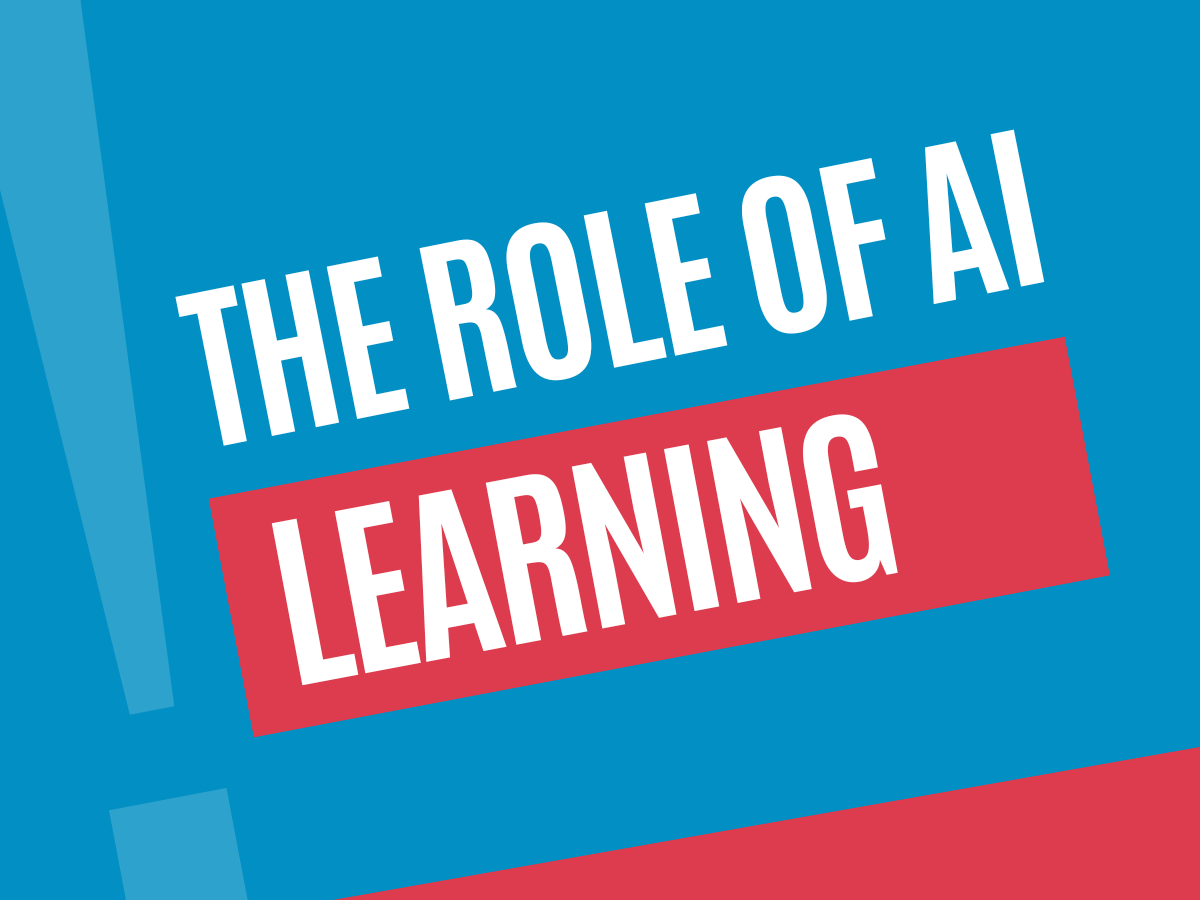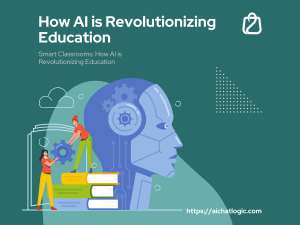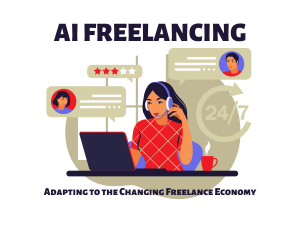1. Introduction:
In traditional classroom settings, teachers often face the challenge of catering to the diverse learning needs of their students. Personalized learning offers a solution by leveraging AI technology to provide customized educational experiences. It acknowledges that each student has unique strengths, weaknesses, and learning styles. By tailoring instruction to individual students, personalized learning aims to improve engagement, motivation, and ultimately, learning outcomes.
2. Understanding Artificial Intelligence in Education
Artificial Intelligence refers to the simulation of human intelligence in machines, enabling them to learn, reason, and make decisions. In the context of education, AI algorithms analyze vast amounts of data to understand student behavior, preferences, and learning patterns. This data-driven approach helps create personalized learning pathways for students, ensuring that they receive targeted instruction and support.
3. Enhancing Adaptive Learning with AI
Adaptive learning systems powered by AI use sophisticated algorithms to adapt and adjust instructional content based on each student’s progress. These systems continually assess the student’s performance, identifying areas of strength and weakness. Through real-time feedback and personalized recommendations, AI-powered adaptive learning platforms enable students to learn at their own pace, reinforcing concepts they find challenging while allowing them to move quickly through familiar material.
4. Intelligent Tutoring Systems
Intelligent Tutoring Systems (ITS) take personalized learning to the next level by providing one-on-one tutoring experiences. ITS uses AI algorithms to analyze student responses and interactions, offering immediate feedback, explanations, and additional resources. The system adapts its teaching strategies based on the student’s progress and learning style, providing tailored instruction that maximizes learning effectiveness.
5. Data-Driven Insights for Personalized Instruction
AI enables educators to gain valuable insights into student learning through data analysis. By collecting and analyzing data on student performance, AI systems can identify patterns, trends, and areas where students may require additional support. Educators can then use this information to personalize instruction, design targeted interventions, and create individualized learning plans.
6. Natural Language Processing for Language Learning
Artificial Intelligence, specifically Natural Language Processing (NLP), has the potential to transform language learning. NLP algorithms can analyze and understand human language, facilitating the development of intelligent language learning platforms. These platforms can provide personalized feedback on pronunciation, grammar, and vocabulary, allowing students to practice and improve their language skills at their own pace.
7. Overcoming Challenges and Concerns
While the integration of AI in personalized learning offers significant benefits, there are also challenges and concerns to address. Privacy and data security are critical considerations when dealing with sensitive student information. Additionally, ensuring equitable access to AI-powered learning tools and addressing the potential biases in AI algorithms are essential for a fair and inclusive educational experience.
8. Future Prospects and Implications
The future of personalized learning with AI looks promising. As technology continues to advance, AI algorithms will become more sophisticated in understanding student needs, preferences, and learning styles. The integration of AI-powered virtual reality and augmented reality experiences holds the potential to create immersive learning environments that further enhance personalized instruction.
9. Conclusion
Artificial Intelligence is reshaping personalized learning, offering tailored educational experiences that cater to the unique needs of students. By leveraging AI algorithms, educators can provide targeted instruction, adaptive feedback, and individualized support, ultimately leading to improved learning outcomes. The role of AI in personalized learning will continue to grow, revolutionizing the way we educate and empowering students to reach their full potential.
FAQs
- How does AI personalize learning for students?
- AI analyzes student data to understand their behavior, preferences, and learning patterns, enabling personalized learning pathways.
- What are the benefits of personalized learning?
- Personalized learning improves student engagement, motivation, and learning outcomes by catering to individual needs and learning styles.
- What is an Intelligent Tutoring System?
- Intelligent Tutoring Systems provide personalized one-on-one tutoring experiences using AI algorithms to adapt instruction based on the student’s progress and learning style.
- How does AI enhance language learning?
- AI, particularly Natural Language Processing, facilitates personalized language learning by providing feedback and practice opportunities tailored to the student’s language skills.
- What are the future prospects of AI in personalized learning?
- The future holds advancements in AI technology, including virtual reality and augmented reality, creating immersive personalized learning environments.










+ There are no comments
Add yours